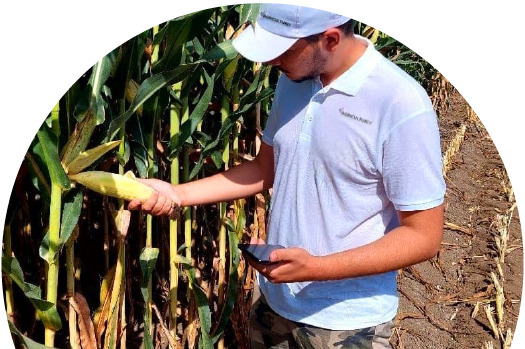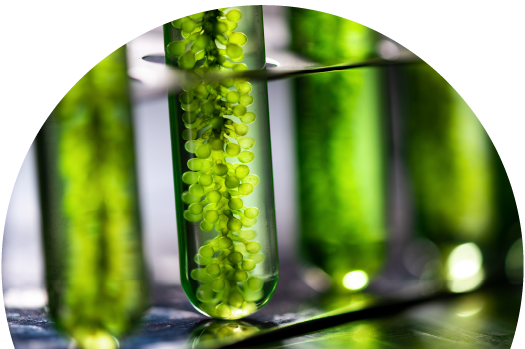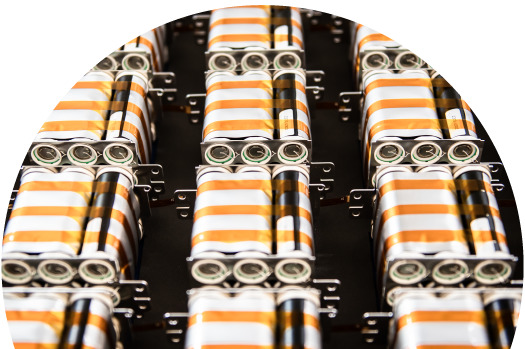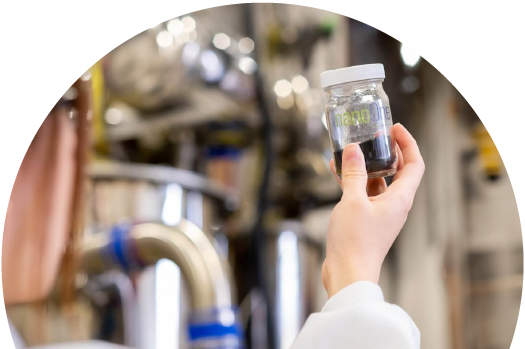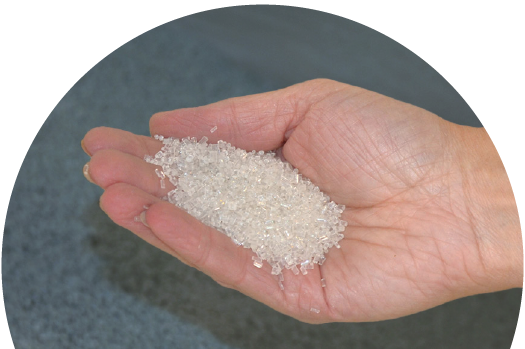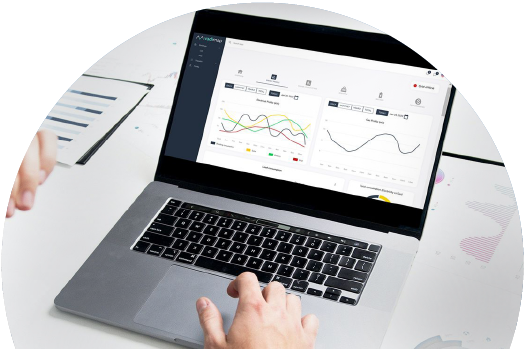Game-changing technologies in Cleantech
Greater Montréal is one of the most promising destinations when it comes to the development of cleantech. Here, visionary companies and foreign subsidiaries are leveraging the power of our ecosystems to deliver innovative solutions to global environmental challenges.
It takes vision to combat climate change and protect a vulnerable planet. See how we’re pushing the boundaries of what’s possible to build a more sustainable economy.
PLAN/NET ZÉRØ
Concordia University’s decarbonization initiative
Concordia has embarked on an ambitious project to decarbonize its campus infrastructure. It is transforming its two Montréal locations into ‘living laboratories’ where researchers, faculty, and students can come together to foster high-potential innovation… and provide a roadmap to decarbonize the world.
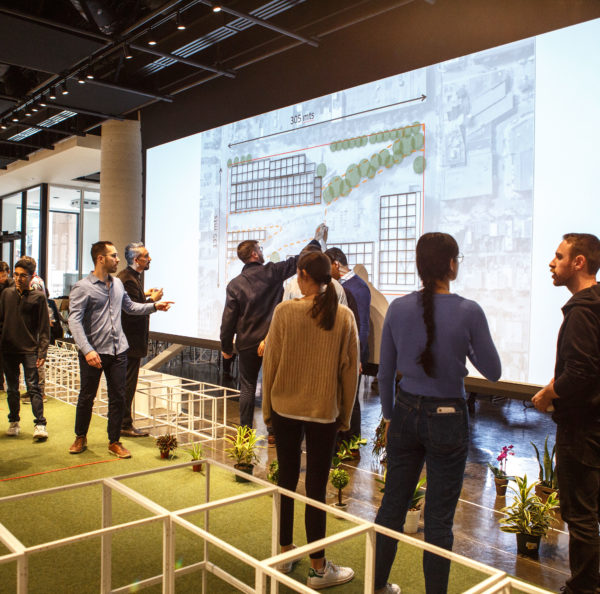
Agriculturix
Advancing agriculture with digital technology
AgriculturiX specializes in precision agriculture, leveraging the latest digital solutions to improve the efficiency and profitability of farming. Their platforms harness multiple data sources to assist farmers in daily decision-making, improving yields and optimizing resource use. By refining these operations, AgriculturiX promotes more sustainable farming.
Aplantex
Using green biotech to produce essential plant molecules
Aplantex delivers an innovative solution for the cosmetic, pharmaceutical and food industries. The company uses its green biotechnology to locally produce essential plant molecules that are an integral part of many products, helping to streamline supply chains, lower costs and reduce the ecological impact of these sectors.
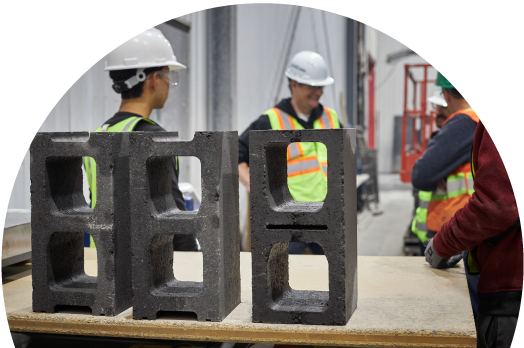
CarbiCrete
Transforming construction with cement-free, carbon-negative concrete
CarbiCrete has pioneered a groundbreaking process to create cement-free, carbon-negative concrete products that are up to 30% stronger than traditional concrete. By replacing cement (a major source of pollution) with industrial by-products and captured CO2, the company is helping to significantly reduce the carbon footprint of the construction sector.
H55
Developing electric propulsion systems for sustainable aviation
The decarbonization of aviation is well underway, and H55 is at the forefront of this exciting shift. Based on Montréal’s South Shore, the Swiss company is powering some game-changing projects. These include developing an energy storage system for Pratt & Whitney Canada’s hybrid-electric engine, and converting CAE’s training aircraft to all-electric propulsion.
Nano One
Engineering eco-friendly, longer-lasting battery materials
Nano One is transforming the battery industry with its patented, low-carbon industrial process for producing active cathode materials for high-performance lithium-ion batteries. This breakthrough technology not only reduces the sector’s environmental footprint and lowers production costs, it also enables the local sourcing of raw materials, paving the way for a more sustainable supply chain.
Polystyvert
Pioneering an eco-friendly polystyrene recycling technology
Transforming polystyrene into reusable pellets in an environmentally friendly way is now a reality. Polystyvert’s innovative process allows for the recycling of this commonly used plastic in packaging production, providing a more economical and sustainable alternative to virgin polystyrene. This innovation marks a significant step forward in environmental protection.
vadiMAP
Optimizing the energy performance of buildings
vadiMAP is taking energy management to the next level. Thanks to its feasibility studies powered by artificial intelligence, the company helps its clients improve the energy efficiency and reliability of their buildings while reducing their ecological footprint.
Whale Seeker
Harnessing AI to protect marine mammals
This Montréal startup aims to provide automated, more accurate and faster solutions for detecting marine mammals. Whale Seeker’s tools leverage AI to analyze vast amounts of data, helping decision-makers in maritime industries adopt more sustainable business practices.



